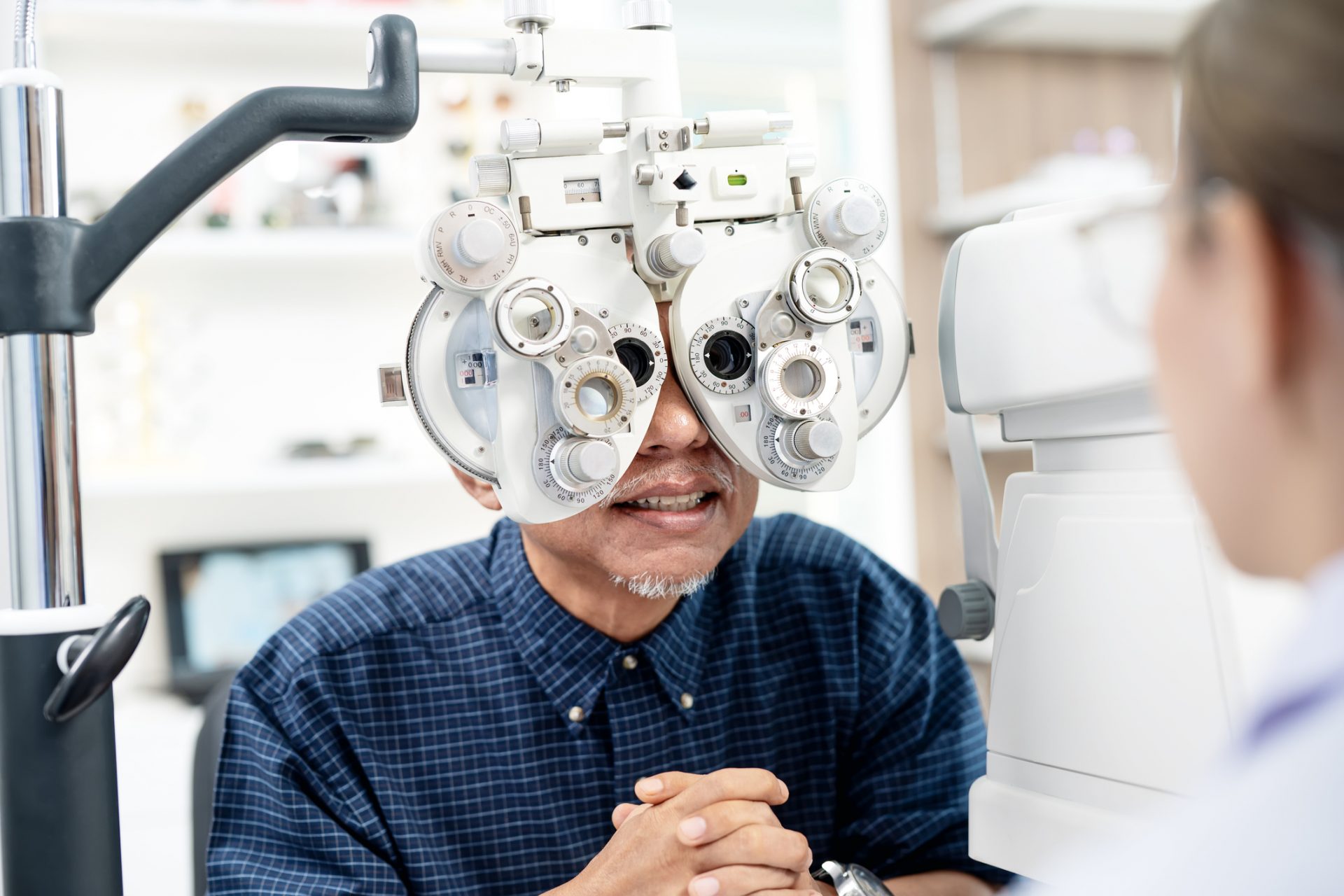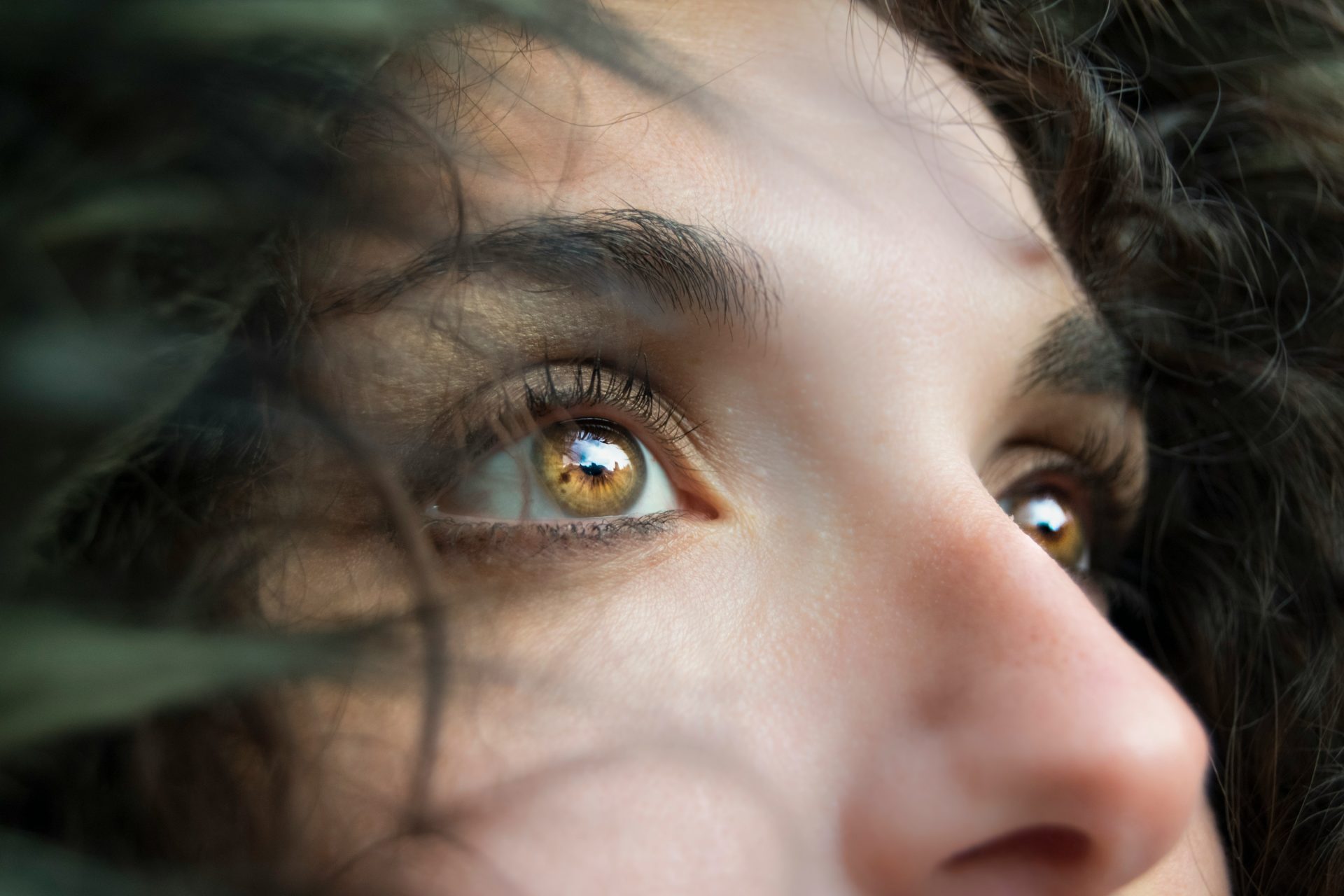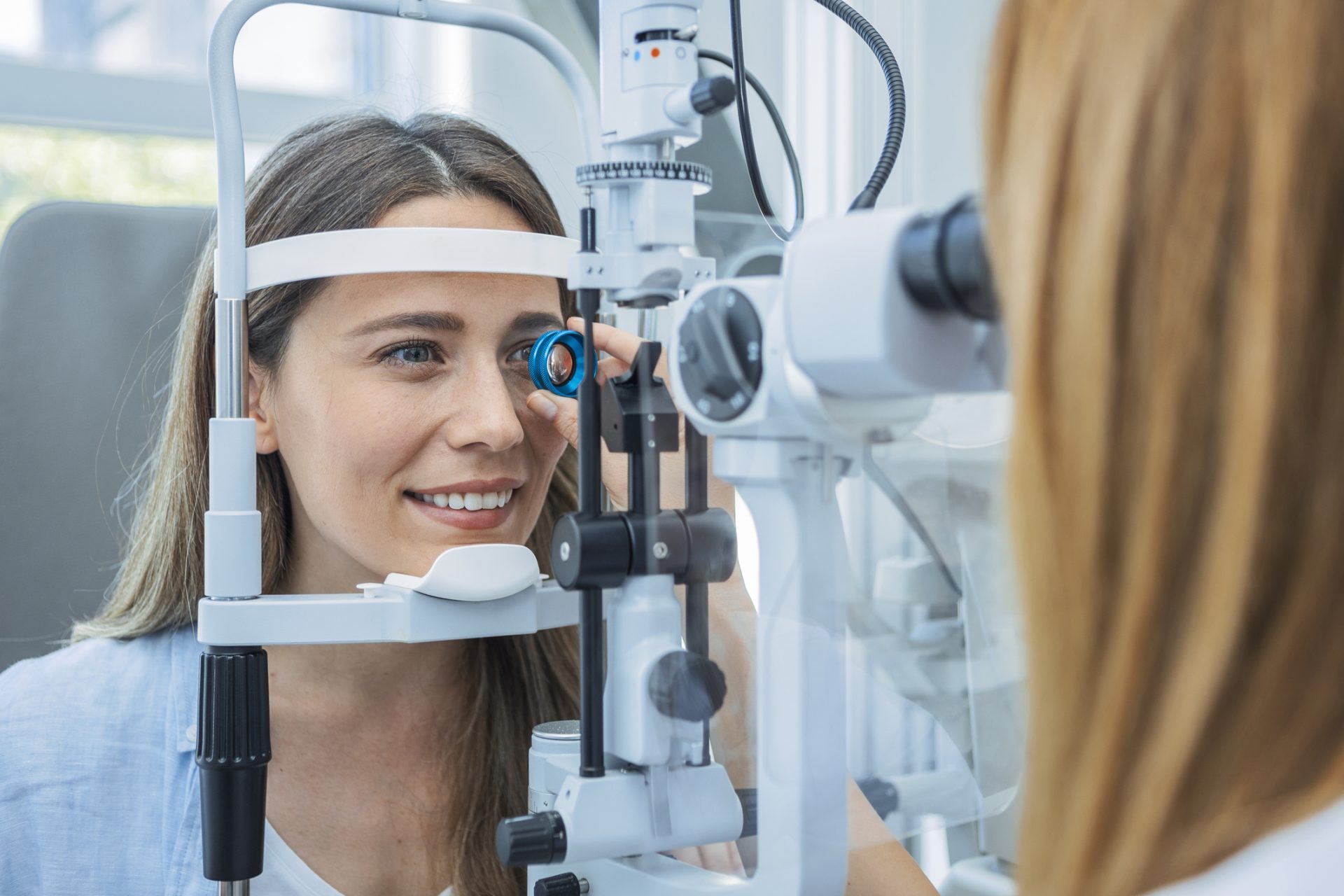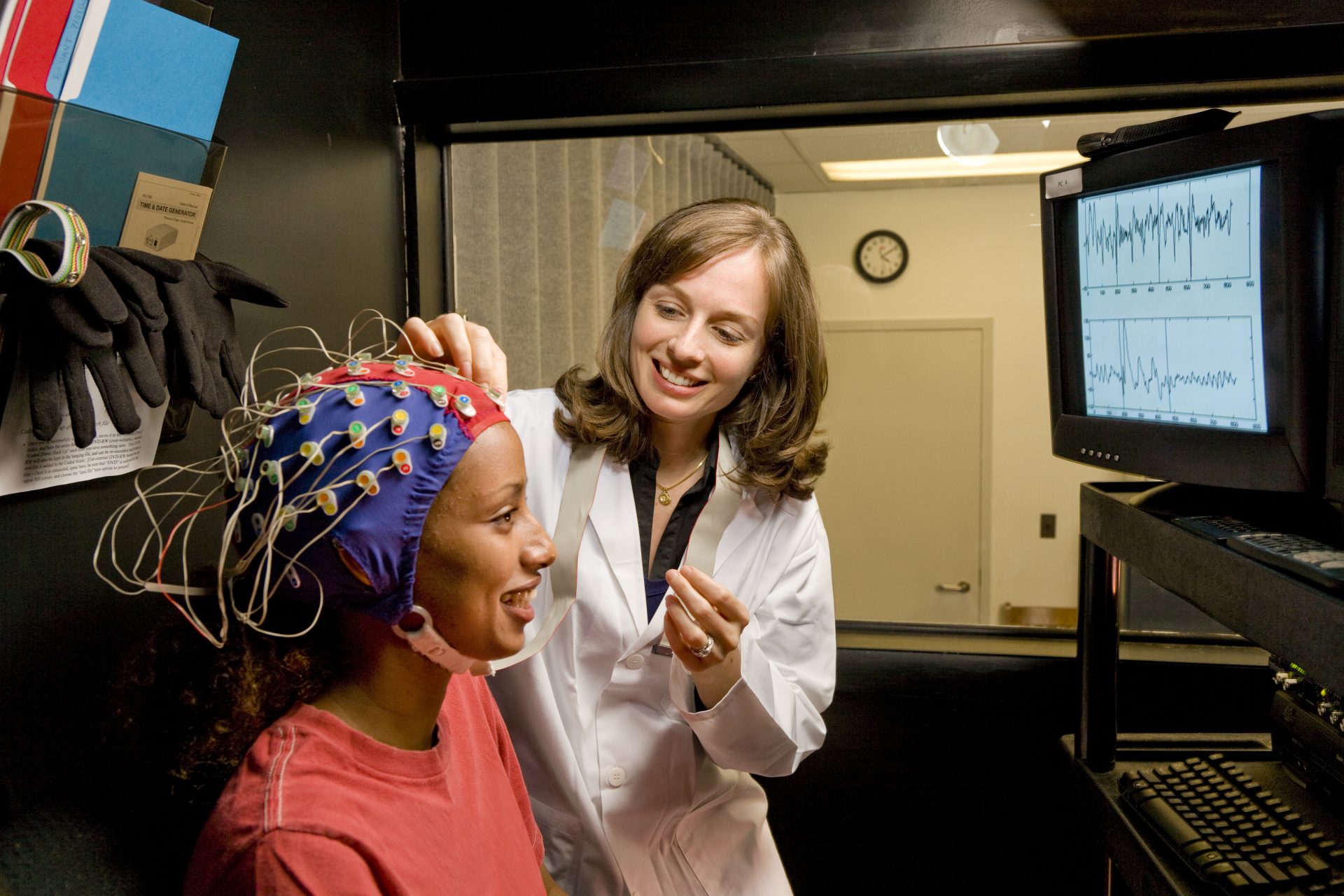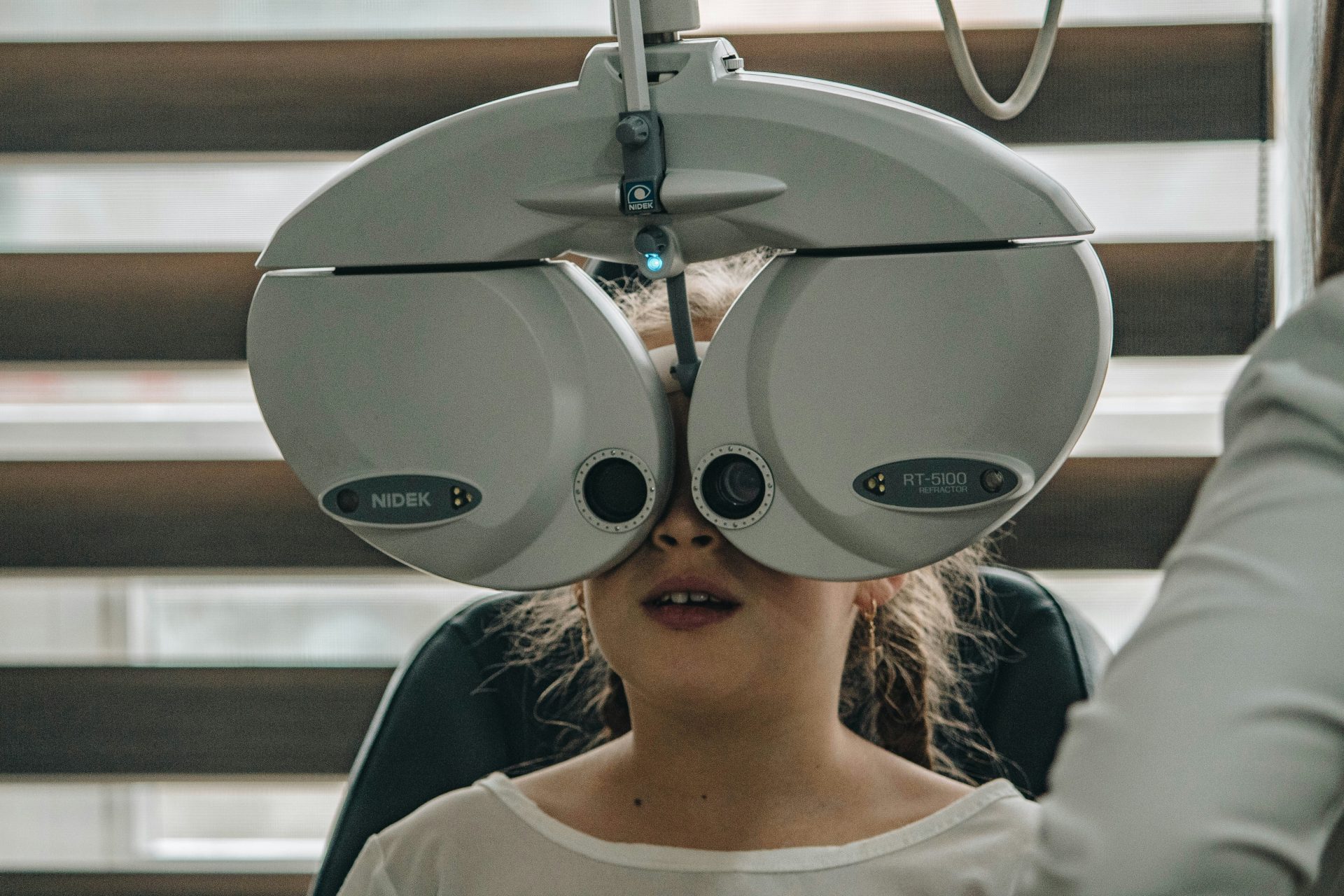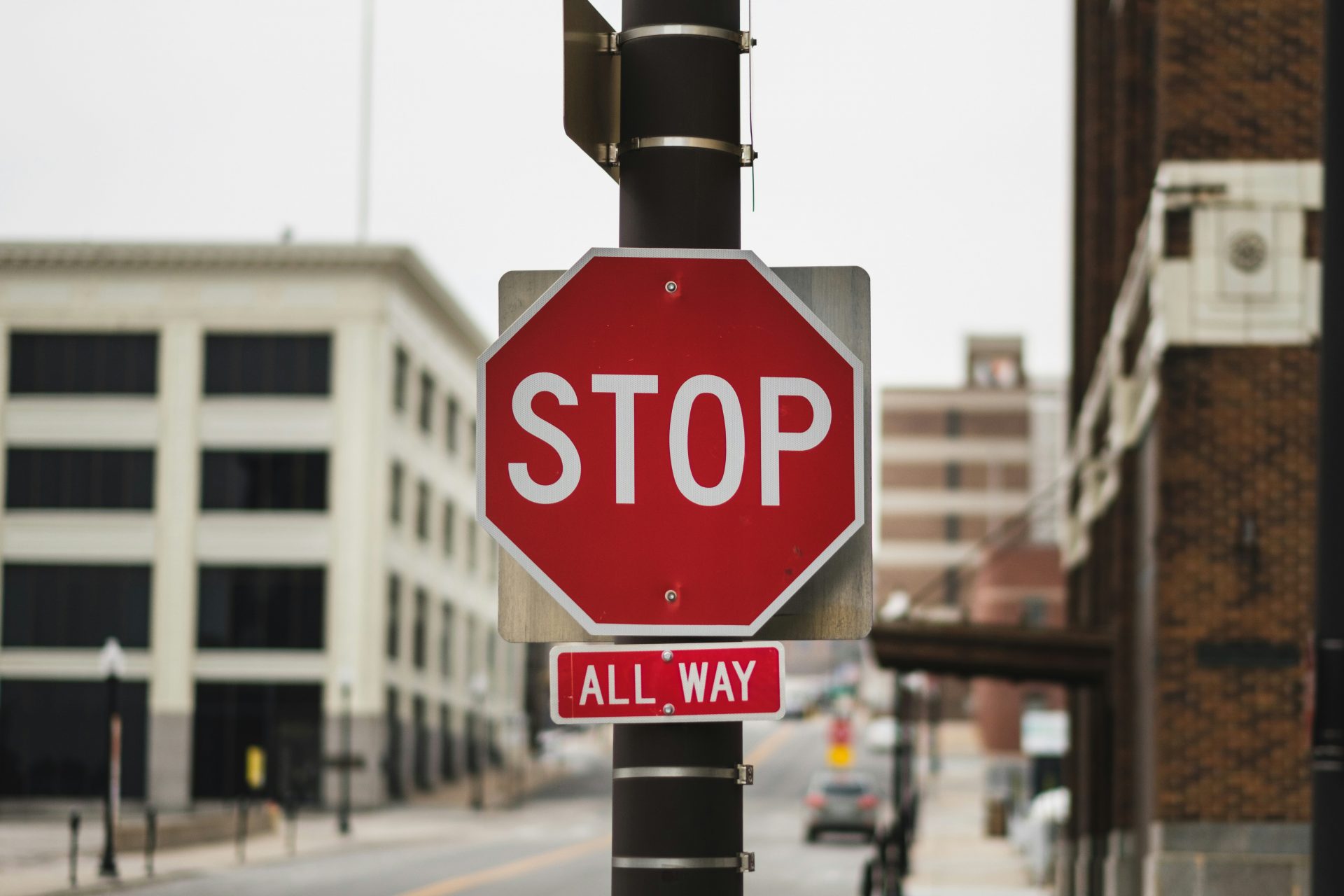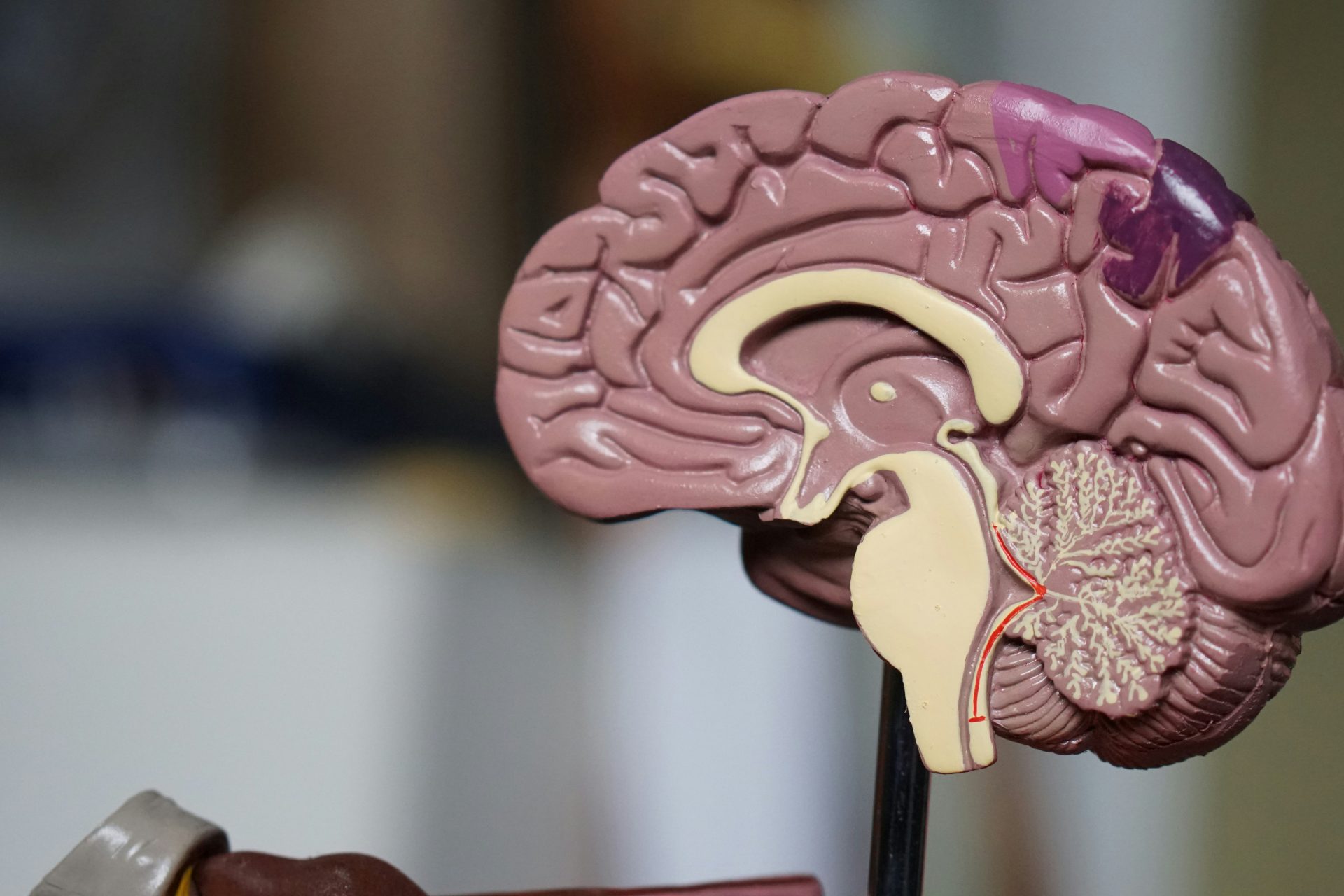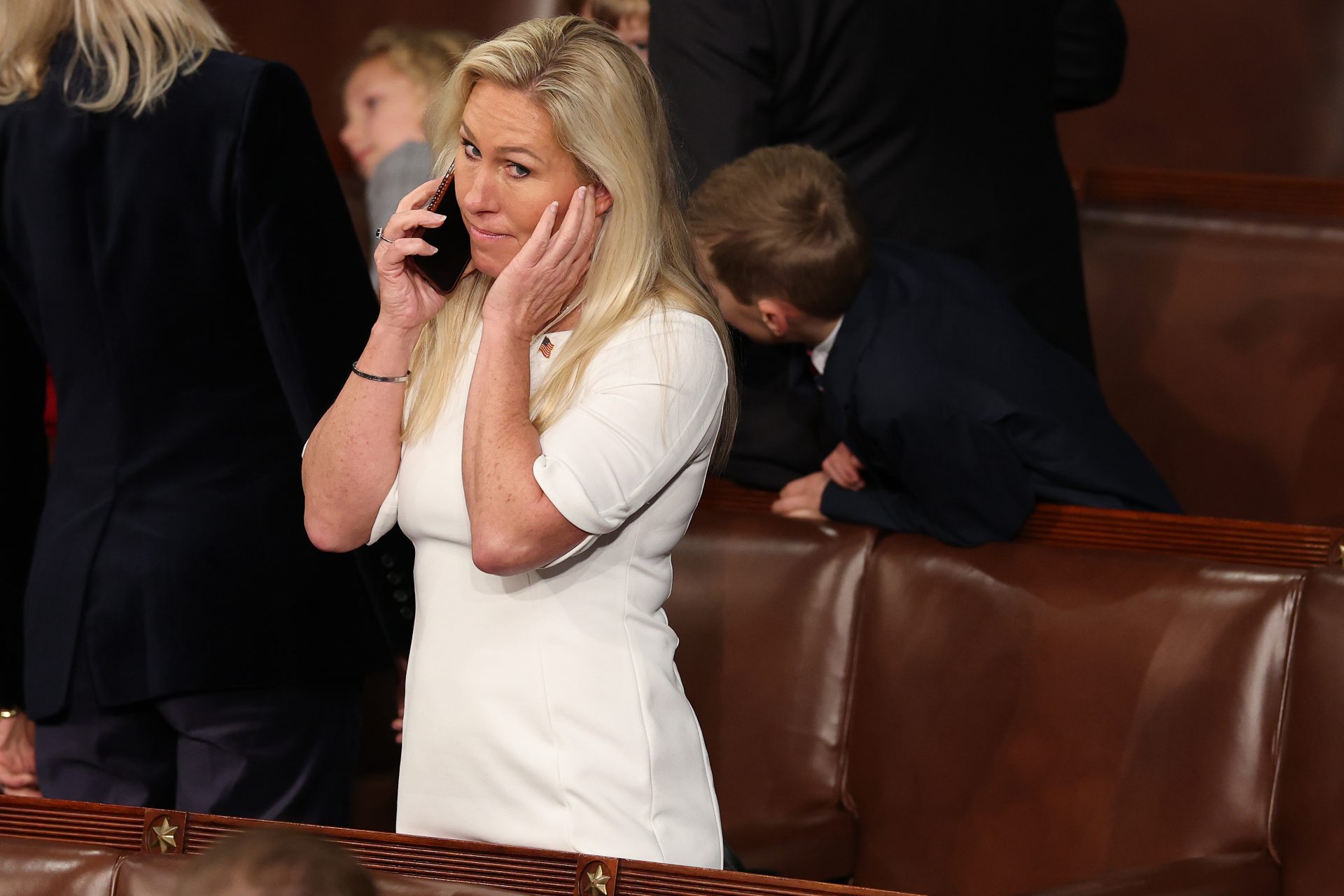Dementia risk could be detected up to a decade earlier thanks to our eyes research finds
Dementia is a frightening health condition, but living with it can be easier when it is caught early. New research discovered that our eyes could play a big role in early dementia detection.
Our eyes may hold the key to the early detection of dementia based on the findings of a new study that showed a loss of visual sensitivity in the eye is a predictor of dementia in people years before symptoms appear.
Photo by Marina Vitale on Unsplash
Researchers claimed that the loss of visual sensitivity could predict one’s dementia risk up to twelve years in advance. But how did scientists make this discovery and what will it mean for future dementia patients?
Published in the journal Scientific Reports, the study from researchers at Loughborough University tracked 8,623 healthy people in Norfolk, England, and followed up with these people for years to track their health.
The point of the study was to investigate eye sensitivity as a possible early predictor of dementia study co-author Ahmet Bedge said. Badge explained why visual sensitivity is such a good possible predictor of problems.
Bedge explained: “Visual impairments have been linked to an increased risk of future dementia development, suggesting that assessing visual processing abilities could be a valuable tool in dementia risk assessment,” according to Medical News Today.
Visual sensitivity is a rather weird term if you aren't an eye doctor but it's an easy concept to understand. Bedge defined visual sensitivity as one’s ability to detect and process all kinds of visual information accurately and efficiently.
“A loss of visual sensitivity can lead to various difficulties in perceiving and processing visual information,” Bedge added. This could include difficulty recognizing objects and faces, navigating familiar environments, and problems perceiving visual details.
Photo by nrd on Unsplash
“For example, a person with reduced visual sensitivity may have difficulty reading street signs while driving,” Bedge said. Sounds like a familiar dementia symptom doesn’t it? Here’s how researchers linked this issue with dementia.
Photo by John Matychuk on Unsplash
At the beginning of the study, participants were asked to undergo a visual test in which they had to click a button as soon as they noticed a triangle forming in a field of moving dots according to The Conversation report.
By the end of the study, 537 participants had developed dementia and one of the early indicators of this diagnosis turned out to be the loss of visual sensitivity since those who developed the condition had trouble with the visual test.
Photo by Robina Weermeijer on Unsplash
Participants who developed dementia took longer to see a triangle forming on a field of moving dots than those who hadn’t developed dementia. This phenomenon could also predict the possibility of developing dementia years in advance.
Low scores on the test could “indicate future dementia risk, on average 12 years before the diagnosis” explained study lead author Prof. Eef Hogervorst, PhD, chair of Biological Psychology and director of Dementia Research at Loughborough University.
The results of the study were not particularly surprising according to Dr. Alexander Solomon, a surgical neuro-ophthalmologist and strabismus surgeon, told Medical News Today the results were consistent with what he saw.
“It isn’t hard to imagine that as the brain is compromised by a process like dementia, some portions that help process our vision are affected,” Dr. Soloman explained.
“This results in the loss of visual sensitivity — in this case, measured by processing speed and reaction time to a stimulus on either a blank or crowded background."
Researchers suggested that this new information could help health practitioners identify an individual’s future dementia risks soon if visual processing tests are combined with other neuropsychological tests, a situation that would only prove helpful for patients.
More for you
Top Stories



